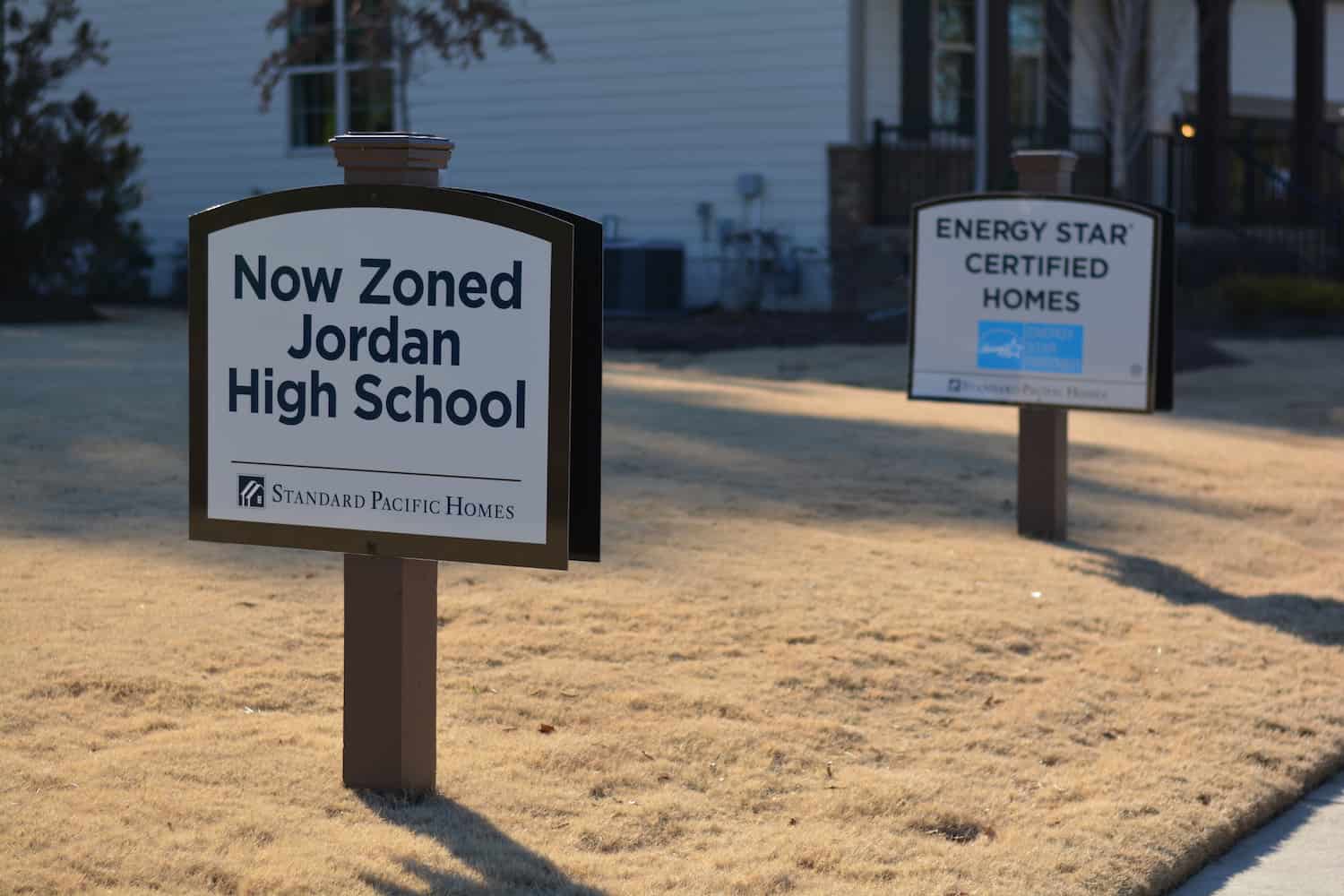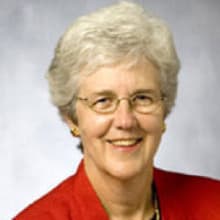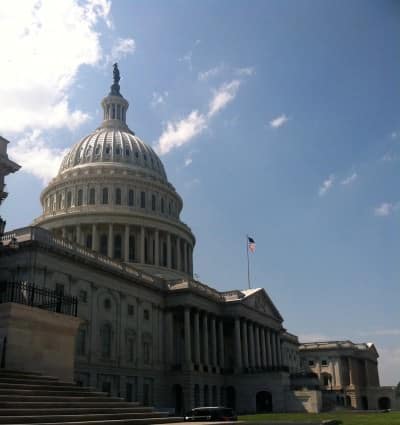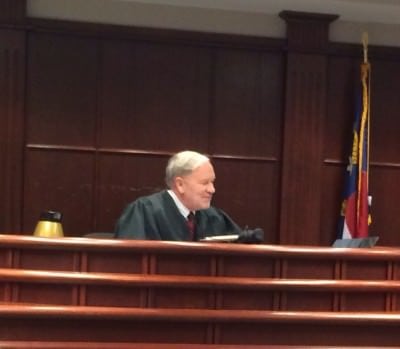Editor’s Note: This article has been excerpted from a keynote address Professor Ladd gave in summer 2014 at a conference on school choice at Notre Dame University. Click here to download the full paper, including references and discussions of school choice in the Netherlands and New Zealand.
-
Introduction
-
Part I: Defining the terms
-
Part II: Durham Public Schools and the growth of charter schools
-
Conclusion
Introduction
In the early 20th century, the primary goal of U.S. education policy was to provide mass education to prepare workers, including large numbers of immigrants, for an industrial economy. Following the managerial tenets of Frederick Winslow Taylor, policymakers built the system around the concept that one size school fits all children. In addition, to promote efficiencies in the planning and use of school facilities, they typically assigned students to the school in the neighborhood in which they lived. One size fits all simply meant that the local school district would establish similar policies and funding across schools, with little operational flexibility for variation at the school level and limited attention to the mix of students in the school. Of course, even if they had access to the same funding, schools in wealthy neighborhoods were often able to offer higher quality schooling than those in low-income neighborhoods because they were able to attract higher quality teachers and because children from higher income families are typically easier to teach than their less advantaged peers.
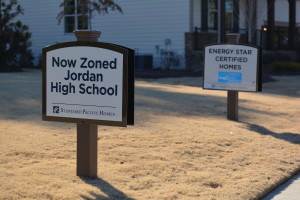
In recent decades, with the growth of a more complex economic system, policymakers have increasingly recognized the potential benefits of giving schools flexibility to manage their own operations. That flexibility initially took the form of site-based management within traditional public schools and more recently has taken the form in many U.S. states of self-governing charter schools operated by non-governmental organizations with their own boards of directors. In addition, parents have increasingly been given more choice over the school their child attends. Affluent families have always enjoyed the freedom to choose a school through their choice of residential neighborhood, but less affluent families have been more restricted in their residential and schooling decisions. The expansion of parental choice – whether in the form of magnet schools, multiple options among traditional public schools either within or across districts, charter schools, or publicly funded vouchers for use in private schools – serves to break the link between a family’s neighborhood of residence and the child’s school.
Because of the significant private benefits of education to the individuals who receive it, the combination of self-governing schools and expanded parental choice of schools greatly exacerbates the challenges that education policymakers face in promoting the public, or shared, interest in education. It is this shared interest that justifies public funding for schooling and for laws requiring all children to attend school.
Next >> Part 1: Defining the terms
Editor’s note: In sharing Professor Ladd’s article with you, it was not the intention of EdNC to cast anyone’s school in a negative light. My son, Hutch Whitman, applied and was accepted to Research Triangle Charter School and he almost went there. It’s a great school. As the principal notes, “[the school has] improved the percentage proficiency across math and biology in one year by 213% for economically disadvantaged students, 106% for African-American students, and 143% for Hispanic students.” EdNC hopes to be able to share the story of the good work this charter school is doing with its students and the community going forward.
